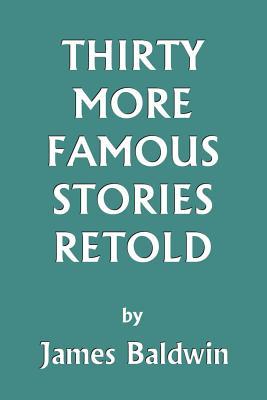This volume was written by the author in answer to the requests of hundreds of children for more stories like the ones they had enjoyed in "Fifty Famous Stories Retold." Since this book is intended for slightly older students (ages 7 to 10), the anecdotes related have a greater spirit of adventure matching the interests of these older students. We hear of the explorers Columbus, Balboa, Drake, and Ponce de Leon and their adventures in the New World. We see scientists at their moment of inspiration: Newton pondering the fall of an apple, Galileo observing the swinging lamps, and Archimedes yelling "Eureka!" We observe the persistence of Gutenberg in improving the printing press and James Watt in harnessing the energy of steam. We thrill to the exploits of the heroes at the fall of Troy and rejoice with Penelope at Odysseus's homecoming. We follow the fortunes of Rome from its founding through its wars with Carthage. We travel eastward with King Richard and Frederick Barbarossa during the Crusades. We applaud when King John signs the Magna Charta at Runnymede. The richer vocabulary and more complicated plot elements in these stories of historical events, scientific discoveries, and legendary heroes, gradually accustom children to following a longer narrative.

Thirty More Famous Stories Retold (Yesterday's Classics)
This volume was written by the author in answer to the requests of hundreds of children for more stories like the ones they had enjoyed in "Fifty Famous Stories Retold." Since this book is intended for slightly older students (ages 7 to 10), the anecdotes related have a greater spirit of adventure matching the interests of these older students. We hear of the explorers Columbus, Balboa, Drake, and Ponce de Leon and their adventures in the New World. We see scientists at their moment of inspiration: Newton pondering the fall of an apple, Galileo observing the swinging lamps, and Archimedes yelling "Eureka!" We observe the persistence of Gutenberg in improving the printing press and James Watt in harnessing the energy of steam. We thrill to the exploits of the heroes at the fall of Troy and rejoice with Penelope at Odysseus's homecoming. We follow the fortunes of Rome from its founding through its wars with Carthage. We travel eastward with King Richard and Frederick Barbarossa during the Crusades. We applaud when King John signs the Magna Charta at Runnymede. The richer vocabulary and more complicated plot elements in these stories of historical events, scientific discoveries, and legendary heroes, gradually accustom children to following a longer narrative.